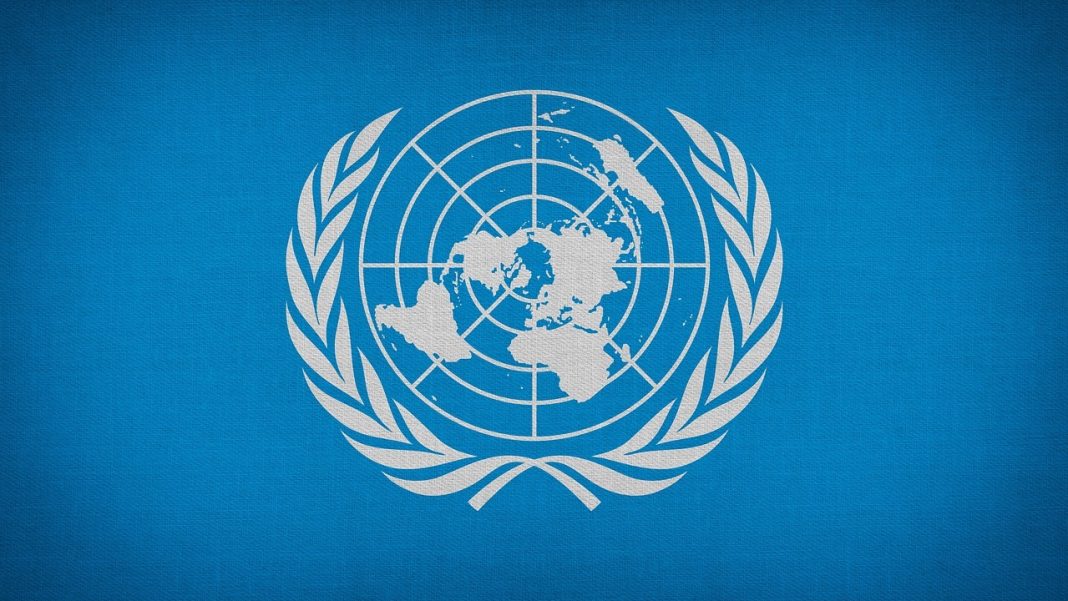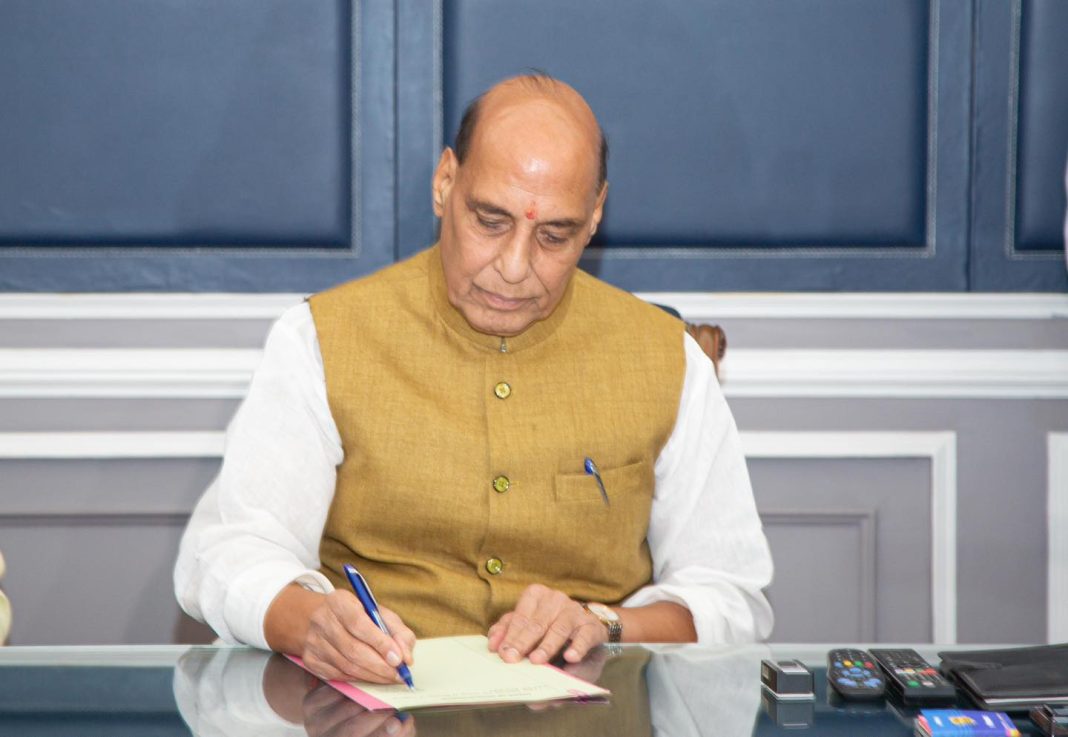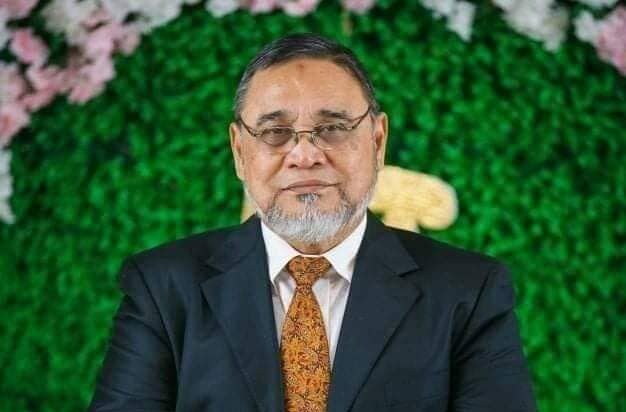Islamabad, Jan 1: Pakistan began its two-year tenure as a non-permanent member of the United Nations Security Council (UNSC) on January 1, with Ambassador Munir Akram saying that the Pakistani delegation will play an “active and constructive” role in addressing key challenges facing the world.
“Our presence will be felt in the Security Council,” Ambassador Akram, Pakistan’s top diplomat at the UN, told state-run APP (Associated Press of Pakistan) news agency.
From Wednesday, Pakistan will sit in the Security Council for the 2025-26 term as a non-permanent member — the eighth time that the country has had a seat on the 15-member body’s horseshoe table.
In June, Pakistan was elected to the council with a massive majority as a non-permanent member, polling 182 votes in the 193-member General Assembly — far more than the required 124 votes representing a two-thirds majority.
“We enter the council at a time of great geopolitical turbulence, intense competition between the two largest powers, raging wars in Europe, the Middle East, Africa and elsewhere and a sharply escalating and multi-dimensional arms race,” Akram said.
“As a responsible State — the fifth largest by population — Pakistan will play an active and constructive role, in accordance with the UN Charter, to halt wars, promote the pacific settlement of disputes and contain the negative impacts of great power rivalries, the arms race, new weapons and domains of conflict as well as the spreading scourge of terrorism,” he said.
Pakistan replaced Japan, which currently occupies the Asian seat in the Security Council, a primary instrument for establishing and maintaining international peace.
Pakistan’s earlier terms on the council were in 2012-13, 2003-04, 1993-94, 1983-84, 1976-77, 1968-69 and 1952-53.
In the June election in the General Assembly, Pakistan was elected along with Denmark, Greece, Panama and Somalia — to replace Japan, Ecuador, Malta, Mozambique and Switzerland whose terms end on December 31, 2024.
The new members join the five veto-wielding permanent members the United States, Russia, China, United Kingdom and France and the five countries elected as non-permanent members last year Algeria, Guyana, South Korea, Sierra Leone and Slovenia. (PTI)




